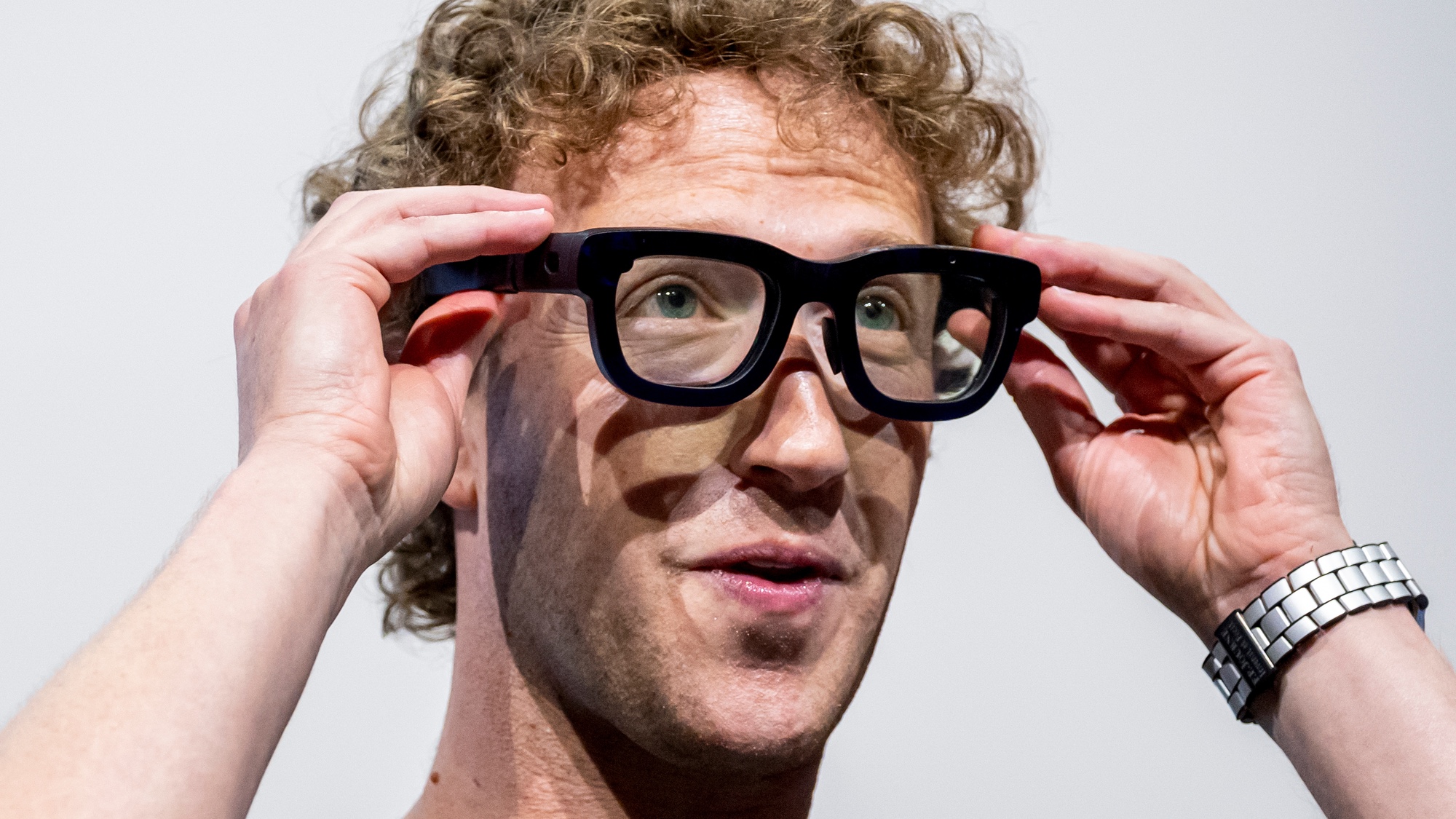Endless Brings Mini PCs to the Underprivileged
The Endless computer from Endless Mobile is designed to give underprivileged people access to PCs.
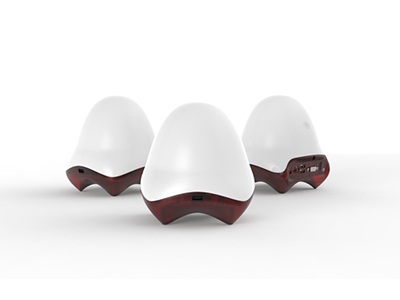
Here at Tom’s Guide our expert editors are committed to bringing you the best news, reviews and guides to help you stay informed and ahead of the curve!
You are now subscribed
Your newsletter sign-up was successful
Want to add more newsletters?

Daily (Mon-Sun)
Tom's Guide Daily
Sign up to get the latest updates on all of your favorite content! From cutting-edge tech news and the hottest streaming buzz to unbeatable deals on the best products and in-depth reviews, we’ve got you covered.

Weekly on Thursday
Tom's AI Guide
Be AI savvy with your weekly newsletter summing up all the biggest AI news you need to know. Plus, analysis from our AI editor and tips on how to use the latest AI tools!

Weekly on Friday
Tom's iGuide
Unlock the vast world of Apple news straight to your inbox. With coverage on everything from exciting product launches to essential software updates, this is your go-to source for the latest updates on all the best Apple content.

Weekly on Monday
Tom's Streaming Guide
Our weekly newsletter is expertly crafted to immerse you in the world of streaming. Stay updated on the latest releases and our top recommendations across your favorite streaming platforms.
Join the club
Get full access to premium articles, exclusive features and a growing list of member rewards.
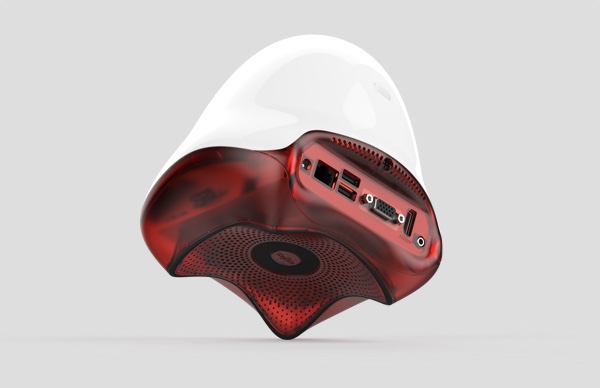
For many people, computers with Internet access are a part of daily life. To people living in developing nations or economically depressed rural areas, a computer is a pie-in-the-sky luxury. In fact, 5 billion of the 7 billion people on the planet don't have computers. The $169 Endless computer by Endless Mobile is designed to change that.
Endless created unique hardware and software tailored to the needs of emerging markets. The company has started distributing the computers in Brazil and Guatemala, but would like to expand into Asia, the Middle East and Africa in the coming years. To accomplish this goal, Endless started a Kickstarter to help fund the product.
If you become a Kickstarter backer of the project, you can buy your own Endless PC for $169. Or you can opt for the Buy-One-Give-One reward: You get one computer, and one gets donated to someone in Guatemala or Brazil. The company says it has received requests from "lots of NGOs and governments [willing to get on board] to direct distribution of these specific computers," said Rob Banning, its Director of Marketing Communications. The only other people who can get an Endless at the moment are those in developing countries who shell out their own cash. That jives with the company's own assertion that it is not a nonprofit.
MORE: Best Mini PCs
If this concept sounds familiar, that's probably because Endless is the desktop equivalent to One Laptop Per Child's XO laptop. OLPC, which is a nonprofit, is still going strong. OLPC has provided more than 2.4 million laptops to teachers and students in more than 35 countries since the program's start in 2005. XO laptops are distributed via ministries of education in the same way textbooks are.
Despite its relatively small price tag, the design is premium. Endless looks a bit like a ghost from Pac-Man with a red underside. The small, white dome is easy to transport and measures 10 inches in diameter and 7 inches tall. The bottom half on one side houses the ports: Gigabit LAN, two USB 2.0, VGA, 3.5mm headphone, HDMI and a power port. The opposite side is home to a USB 3.0 port. The power button, located on the back of the dome, lights up once pressed, and a light on the underside of the Endless forms a red glow on the table.
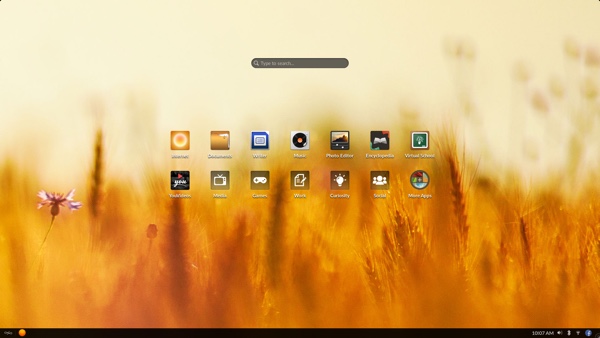
Like other mini PCs, Endless hopes its computer will offer the functionality of a desktop with the processing power found in most tablets and smartphones. Inside this little, white shell is a 2.17-GHz Intel Celeron N2807 dual core CPU coupled with 2GB of RAM. You can choose between a 32GB eMMC with SD storage and a 500GB hard drive. Endless comes in three models: 32GB, 32GB with Wi-Fi and Bluetooth speaker, and 500GB with Wi-Fi and Bluetooth speaker.
Get instant access to breaking news, the hottest reviews, great deals and helpful tips.
While $169 isn't a huge chunk of change, there are cheap Chromebooks, or you could even pick up the HP Stream Mini Desktop 200-010 with an Intel Celeron 2957U processor, 2GB of RAM and a 32GB solid state drive for $179. The difference, Endless hopes, is in its computer's software. The mini PC was designed with particular demographics and a niche market in mind, right down to the operating system. The OS is powered by a customized version of Gnome, which runs a simple Linux Kernel, meaning it is open sourced but easy to navigate.
The company press release asserts that this OS and the apps that run on it were developed over the last three years the company's researchers spent in developing markets.
"We went into the field and into people's homes, sat on their couches and floors, and asked them every question we could in order to understand how technology can change their lives," said Camila Soares, director of ground research at Endless. "The more time we spent with them, the more we realized that existing software is broken for emerging-market users. So we started from the ground up, designing an operating system, applications and content with and for our users."
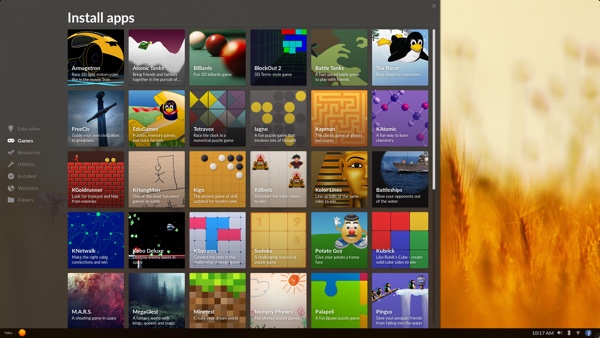
The Endless OS cannot run Windows applications, but Endless' App Ecosystem includes just more than 100 compatible apps. Those apps range from Wikipedia to Codecademy, and are intended to help educate users. The company also has some homegrown programs.
"When Endless encountered a man struggling with profound debt, we built a simple budget App that helped turn his life around. This is now a featured Endless application," said Soares.
None of the apps that run on this OS require a full-time Internet connection, making the computer feasible for any and everyone to use anywhere. If you are able to access the Internet, though, the Chromium browser awaits you.
With 700 backers for the Endless Kickstarter campaign, the company has already surpassed its $100,00 goal by more than $20,000. But if you're so inspired, you can still get in on the ground by pledging from $1 to $10,000. To get your hands on the base model, it will cost you $169, $189 for the 32GB model with Wi-Fi and a Bluetooth Speaker, or $229 for the 500GB model with Wi-Fi and a Bluetooth Speaker. Using the funds it raises, the company hopes to enter its first market and raise awareness of Endless in Latin American. The company hopes to launch the device as soon as June. Stay tuned for our first impressions and benchmark results.
Sydney Levy is an Intern at Tom's Guide. He's a Biology major at Baruch College and loves all things creative. Follow him at @sydlevyjr. Follow us @tomsguide, on Facebook and on Google+.
 Club Benefits
Club Benefits










